Andrew Taylor, ARL Bio Pharma Microbiology Lab Supervisor
Sterility testing of a finished drug product is important to minimize harm, including death, to human and animal patients that could result from microbial contamination.
USP <797> Pharmaceutical Compounding – Sterile Preparations states that certain compounded sterile preparations (CSPs) must undergo sterility testing prior to being dispensed. This requirement is based on multiple factors, including batch size, risk level, and storage conditions. According to USP <797>, testing must be performed according to USP <71> or a validated alternative method (per USP <1223>) that is noninferior to USP <71>. The chapter also defines the maximum batch size for all CSPs requiring sterility testing be limited to 250 final yield units and gives direction for sampling batch sizes less than 40 units.
When must sterility testing be performed?
USP <797> requires sterility testing for:
- Category 2 CSPs which are assigned a beyond-use date (BUD) that requires sterility testing
- All Category 3 CSPs
The Food and Drug Administration (FDA) requires 503B Outsourcing facilities to perform sterility testing for all drugs reported to be sterile and/or non-pyrogenic. Refer to FDA Current Good Manufacturing Practice — Draft Guidance for Human Drug Compounding Outsourcing Facilities for more information.
How is sterility testing performed?
Sterility Test Methods
Two distinct methods are used for USP <71> sterility testing. First is membrane filtration, which is defined in USP <797> and USP <71> as the preferred method if the drug product being tested is filterable. This method involves passing a quantity of drug product through two filters designed to retain microorganisms. This is followed by a rinse to ensure no drug product remains on the filter, which can inhibit the growth of microorganisms. The final step is to fill each canister with one of the two media types, each optimized to promote growth of different classes of microorganisms.
Membrane filters used for sterility testing are available in both ‘open’ and ‘closed’ configurations. The ‘closed’ membrane filtration option is considered most optimal as it significantly reduces the opportunity for test fault because the membrane filter is completely housed within the apparatus and is not exposed to the environment or testing analyst. Since sterility test faults can lead to false positive results, discarded batches, or delayed drug release, it is important to ensure your testing facility is using closed membrane filtration for sterility testing of filterable products.
The second sterility testing method is direct inoculation. This consists of introducing the drug product directly into each of the two-growth media.
Method suitability must be performed prior or concurrent to any USP <71> sterility test. Method suitability is a validation of the test process, which demonstrates that the method works correctly for the specific drug product formulation.
ARL Bio Pharma’s Sterility Testing Process
ARL Bio Pharma first performs growth promotion testing of the test media to demonstrate that every lot supports the growth of the six microorganisms required by USP <71> Sterility Tests. Second, our laboratory performs method suitability for each specific product formulation prior or concurrent to conducting a USP <71> sterility test. Third, ARL performs testing using closed membrane filter canisters for all filterable samples, and direct inoculation for all other sample types. The test containers are incubated at the appropriate temperatures where they are observed after 3, 7, and 14 days. During each read, the test sample is examined for signs of microbial growth, which generally presents as turbidity or cloudiness in the media.
At the conclusion of the test, if there is no evidence of growth, the drug product complies with the USP <71> test for sterility. A “Sterile” result indicates that no contaminating microorganism is found in the sample examined under the conditions of the test.
If the drug product does not pass sterility, the drug product is considered “Not Sterile”, and an OOS investigation is initiated.
Please contact us (800) 393-1595 or info@arlok.com to request a quote.
Reference Documents:
- United States Pharmacopeia <71>
- United States Pharmacopeia <797>
- FDA Current Good Manufacturing Practice – Draft Guidance for Human Drug Compounding Outsourcing Facilities
